-Narayan Prasad Ghimire
With the successful conduct of November 20 election to the House of Representatives (HoR) and Province Assembly, the country is getting a new government. As no political party garnered majority of votes, coalition government is in sight and the parties have intensified homework accordingly.
The new government is being formed at a time when the country is yet to fully enforce the new constitution and new system- the federal democratic republic. Although election itself is one of the major events to implement constitution and nurture federal system, there are a lot of other areas requiring attention and engagement. The tasks of the new governments- in the federal and province levels- can be ranged from ensuring stability to good governance, propping up economy to intensifying development activities. This write-up explains some activities new governments need to do.
Ensure stable government
First, the formation of stable government is expected. The political parties will be assessed by the people whether they will be able to ensure stability of government in the federal and province levels so that formulation of policy and laws will be speeded up. Utmost coordination among three layers of government is equally imperative. With no parties garnering majority of votes, hung parliament is unavoidable. The leader losing confidence of the supporting parties quickly loses the prime minister post. So, how the leader to become prime minister becomes able to take and retain confidence of other parties and lawmakers is important aspect. Similarly, in the coalition government, the individual party interest- the interests of coalition partners- must not dominate national issues.
Curb corruption
Needless to say, corruption is prevalent in Nepali system. It is reflected in media stories, reports of the Commission for Investigation of Abuse of Authority (CIAA), and reports of the national and international organizations. As the corruption plagues system, good governance is elusive. Bad governance is directly linked to non-standard public service delivery to protracted development works. Service recipients are afflicted with delayed public service while protracted development works are at the cost of state treasury and examples of sheer mismanagement and irregularities. As the political parties, lawmakers and bureaucrats are those to exercise power/authority, they deserve greater role and responsibility to deliver good governance. With the change in system, have they changed their behaviour, attitude and culture? Who are more responsible behind thriving bad governance- common public or those in power? Unless they realize weakness, mend their ways and implement the will power for change, efforts for good governance are ephemeral.
Create jobs within country
One of problems plaguing Nepal's economy is exodus of youths for foreign employment. The double standard of politics and system lies here that they continue prioritizing job creation but fail to curb the exodus of youths. It is bitter reality that tens of thousands of Nepali youths are forced to work in hostile atmosphere abroad. Why? Government policy and practice do not meet here. Political commitments fell flat. The youths are made mere vote banks and chased away to seek jobs abroad. Many of them are unskilled, low educated, thereby being cheated in every steps from manpower agency to destination country. One may pride on remittance they send home which contribute sizable percent of GDP, but how harrowing the social cost of foreign migration is! Annually, nearly half million people enter Nepal's job market. If the political parties enforced their election manifesto and the government its annual budget on job creation and income generation, the exodus will undoubtedly decline.
Modernize agriculture
Modernization of agriculture is equally a long awaited issue. It is however mentioned in the annual policy and programmes, budget, and political commitments like election manifestos. But, there is sheer disrespect to agriculture. Worryingly, those involved in agriculture also face acute shortage of chemical fertilizer when it is time for cultivation. Unavailability of improved seeds, dearth of skills and orientation training to farmers, lack of market for agro products and irrigation are other nagging problems. The subsistence farming does not contribute to national economy.
Exploitation of sugarcane farmers rife in Tarai region have lately been headline of national media. It was quite excruciating that as the sugar mills owner denied proper price to the sugarcane they cultivated, the farmers from Tarai were forced to visit the federal capital and state protest at Maitighar Mandal in the last two years. We have three layers of governments, but the farmers are bound to travel to the federal capital in chilly to draw attention on their plight. Isn't it an egregious injustice meted out to farmers by the governments? Who is responsible behind tears of those farmers?
Moreover, agriculture has been badly affected by the extreme weather events of late. Some have linked it to the climate change. So, how Nepal can adopt climate smart agriculture is also worth mulling. As a country vulnerable to climate change, the scientists and researchers have warned of climate change impact on food security. In this connection, the Sustainable Development Goals (SDGs) Report, 2022 mentions: "The confluence of crises, dominated by COVID-19, climate change, and conflicts, are creating spin-off impacts on food and nutrition, health, education, the environment, and peace and security, and affecting all the Sustainable Development Goals (SDGs)."
Heed global wave, speed development
Of course, in the present globalized context where many problems occur cross-border and go worldwide in no time, Nepal can not remain aloof from this. At a time when the country was to fully recover from the loss caused by the 2015 Gorkha Earthquake, the COVID-19 pandemic and the Ukraine-Russian crisis have impacted Nepal's economic condition. The achievements made in other fronts as in health and poverty reduction has also been jeopardized. The coming government therefore must be stable and address the double troubles.
Given its status of a least developed country characterized with inadequate finance and technology, the remittance and foreign assistance are fuel to run country economy. The donation, grants and loans government takes from development partners, neighbours and friendly countries should be utilized wisely and relations to the maintained in a balanced manner. Transparent use of fund not only earns donor and development partners' confidence but also spur development activities.






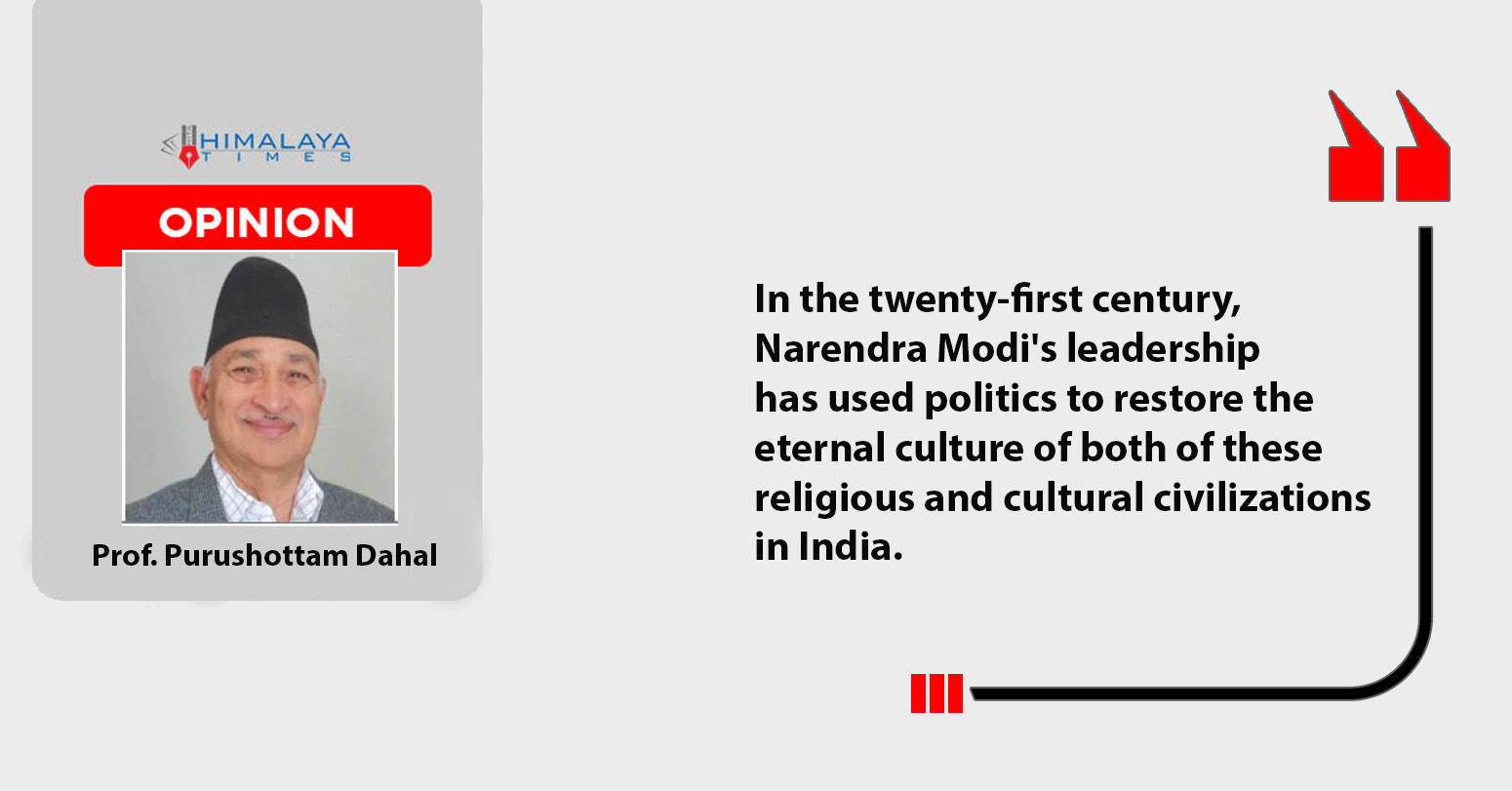



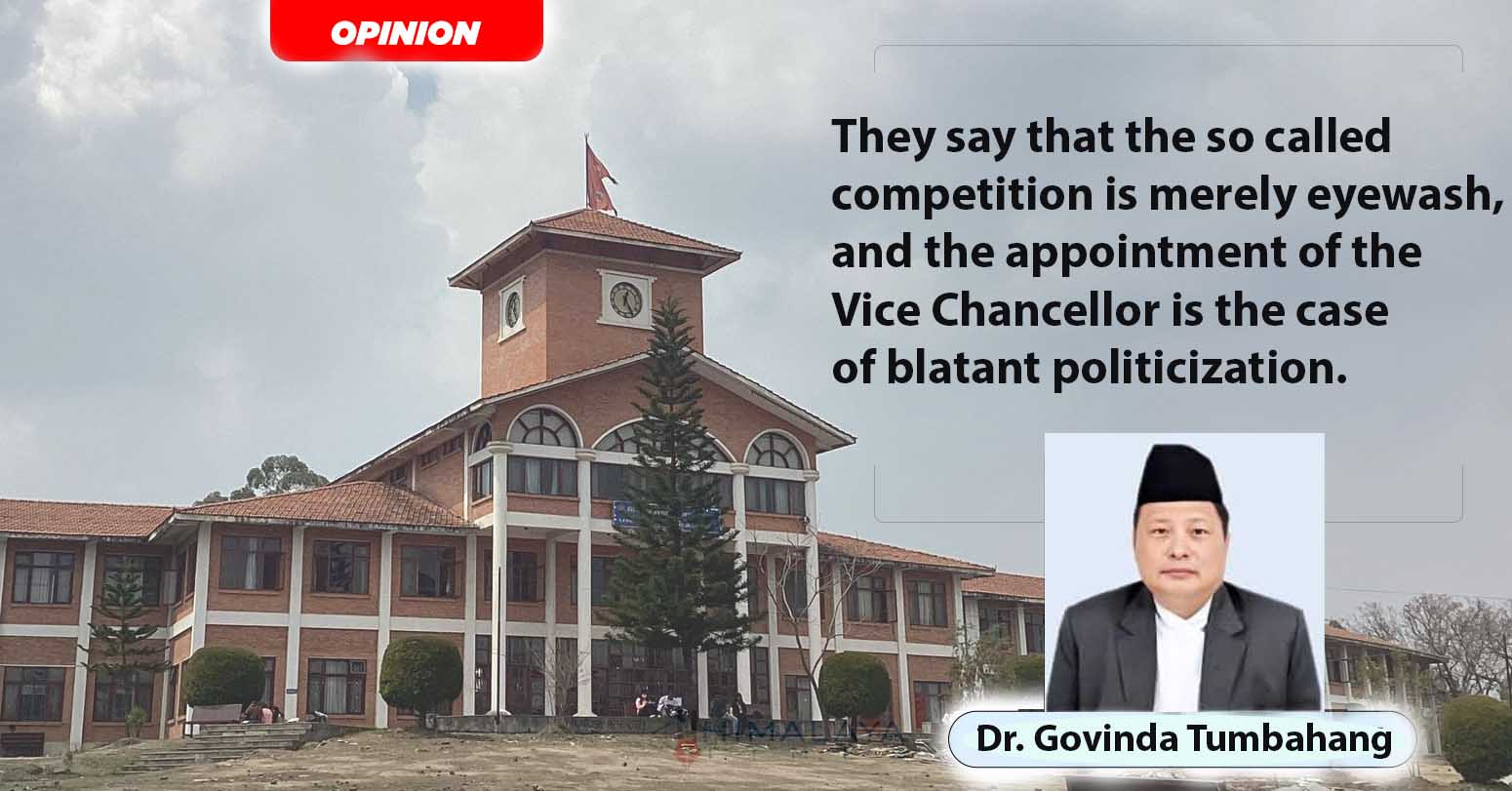


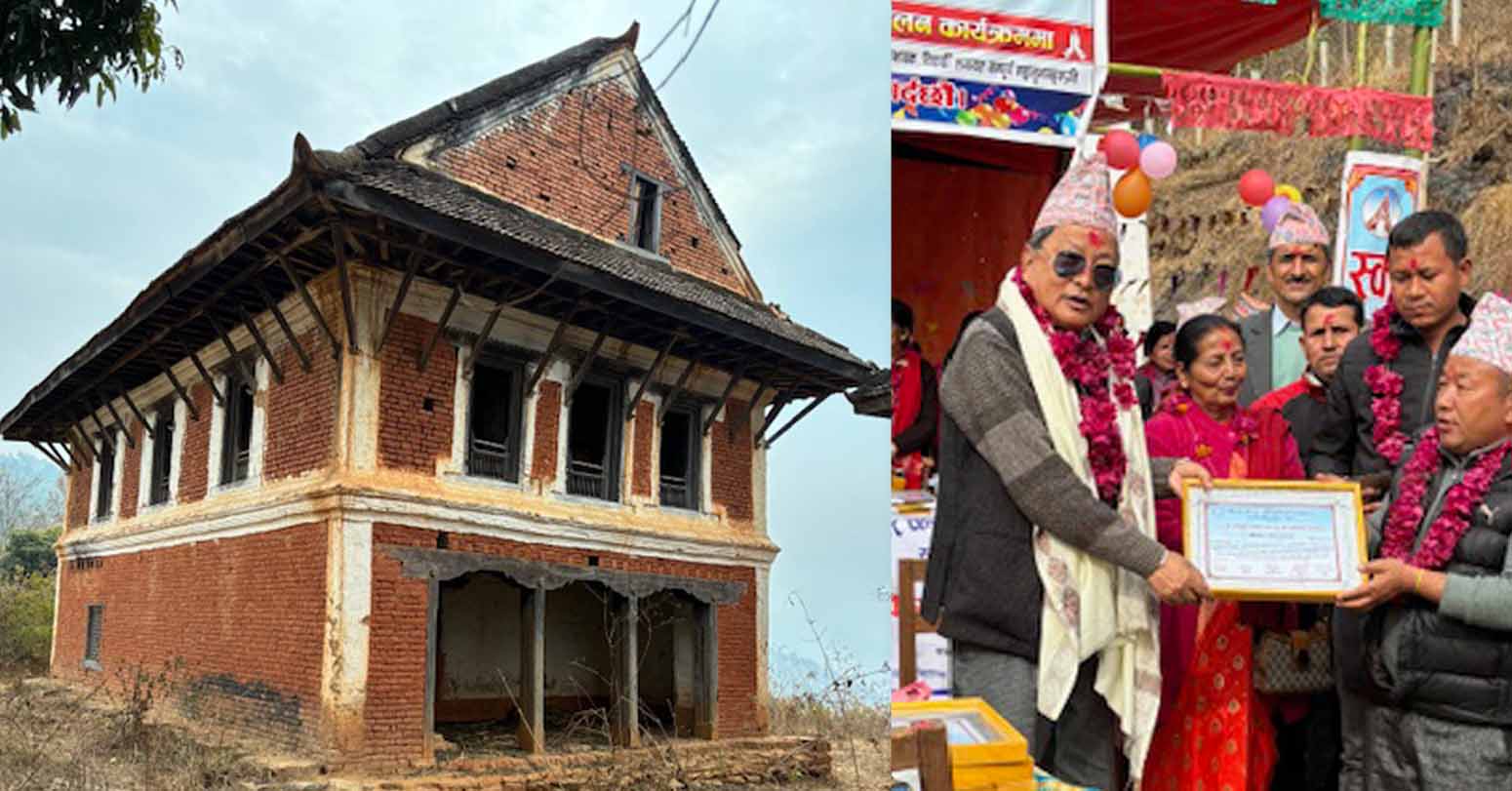

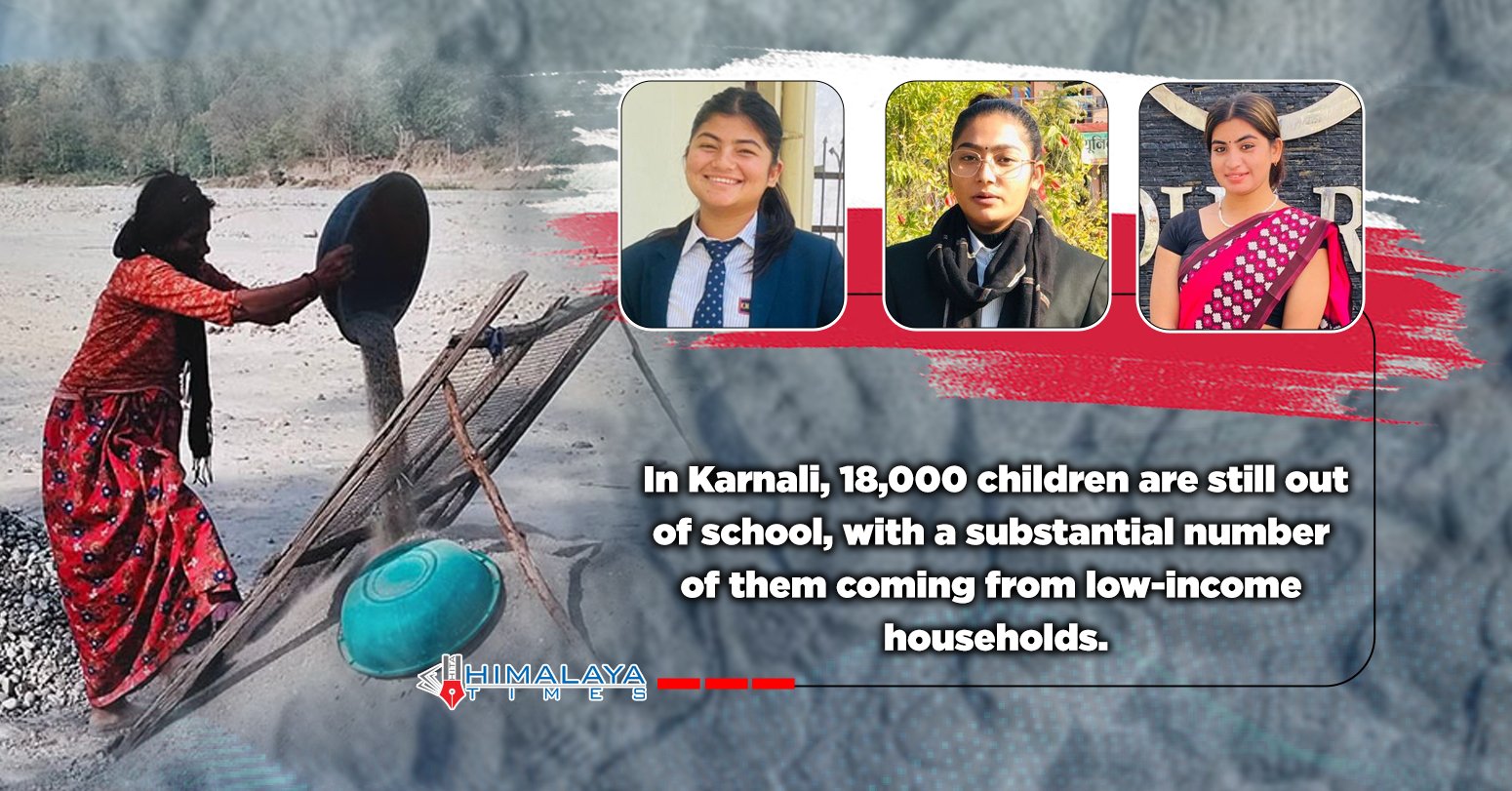
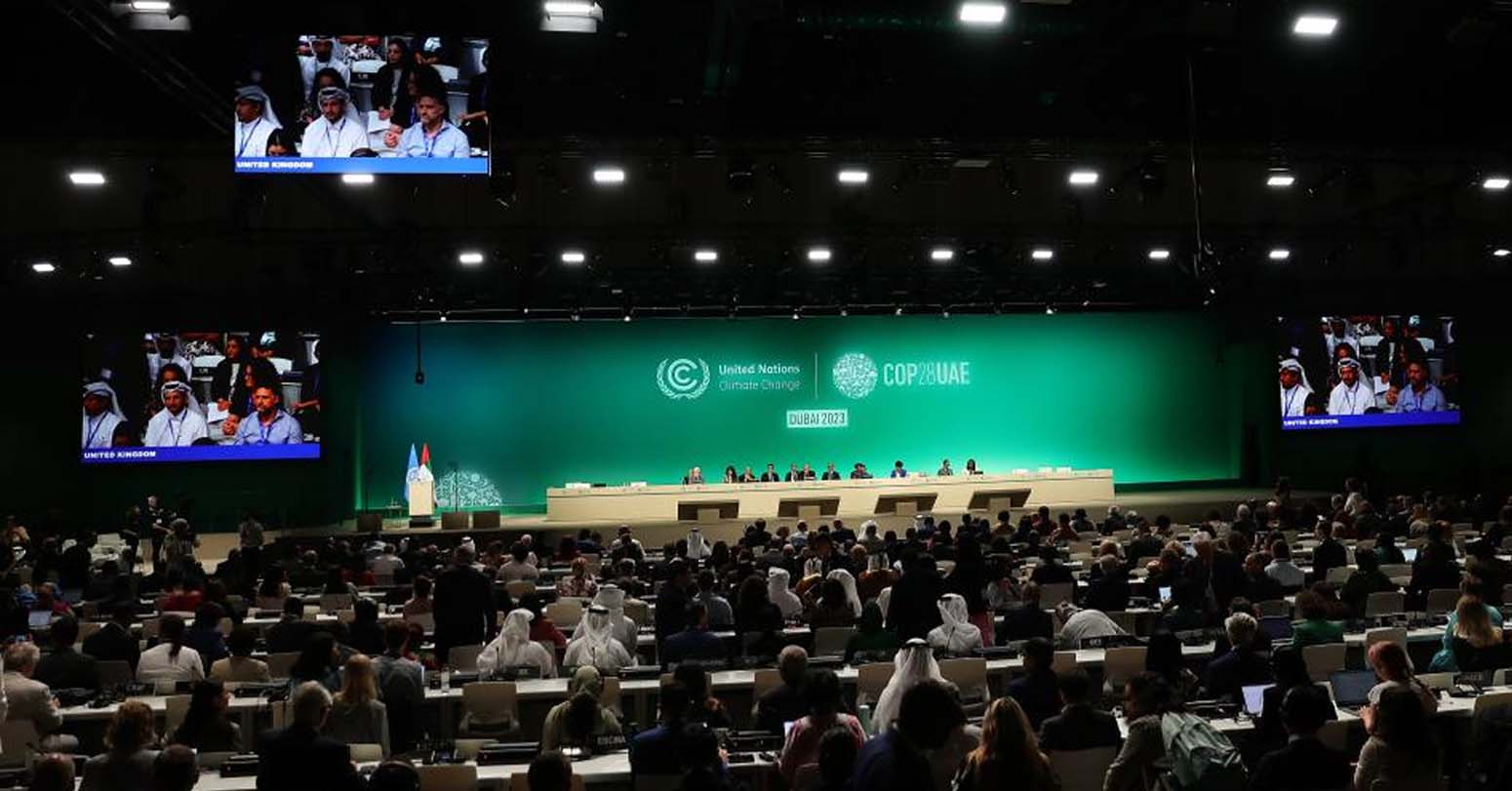
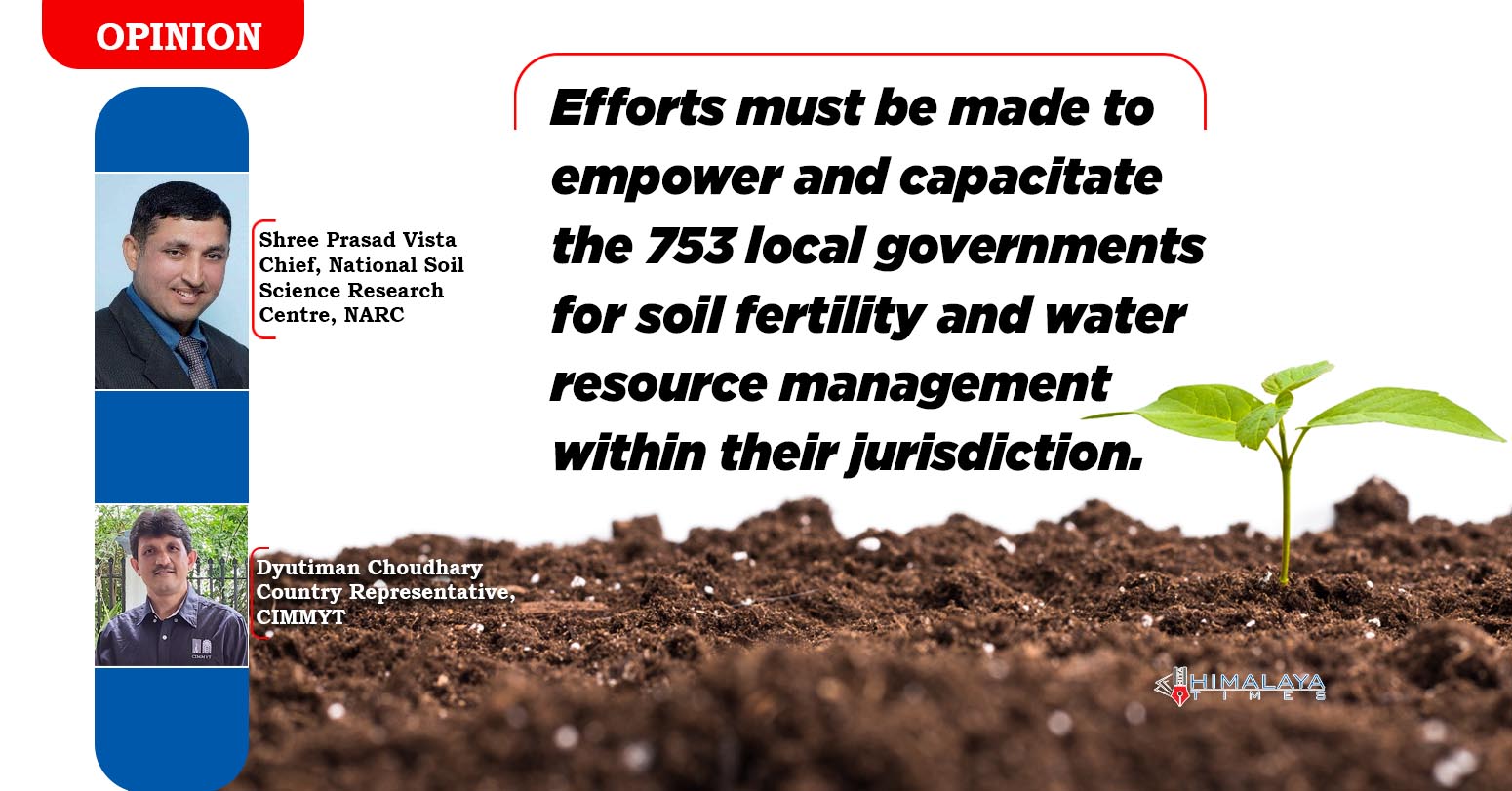
Comprehensive Data Protection Law Critically
Gender Differences In Mental Healthcare
Messi Wins Best FIFA Men’s
Erosion of Democracy
Fly Dubai Catches Fire in
“Complexities of the South Asian